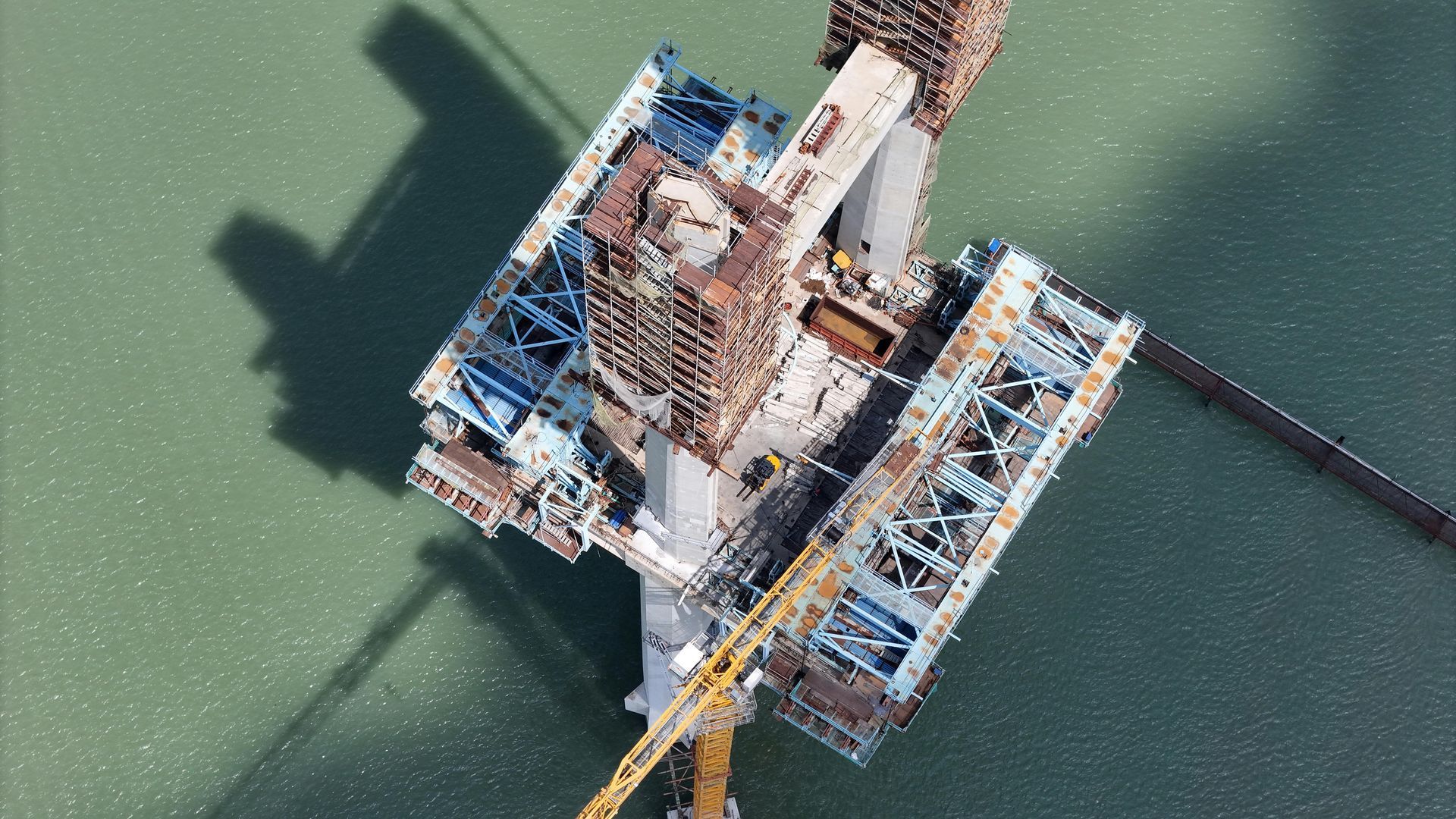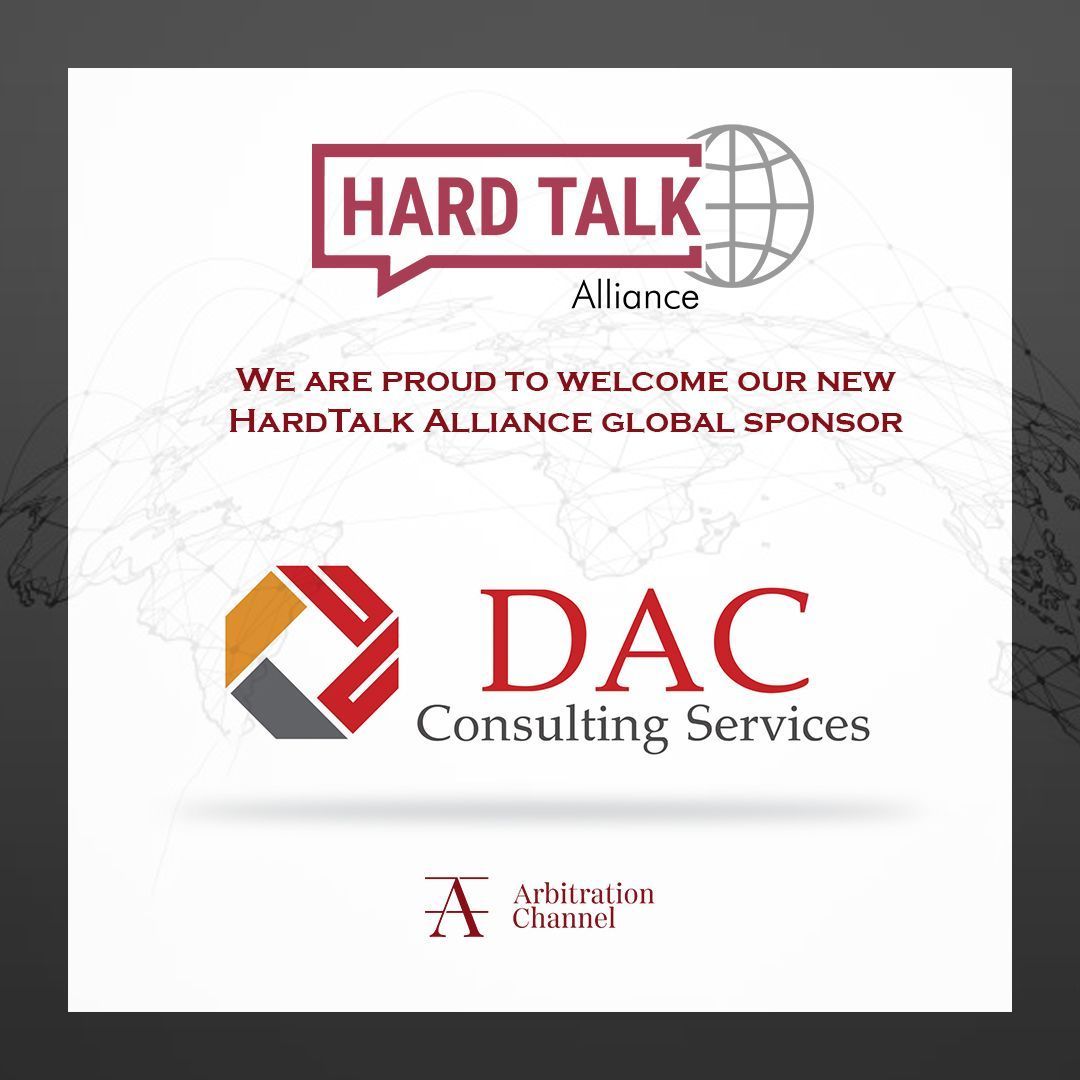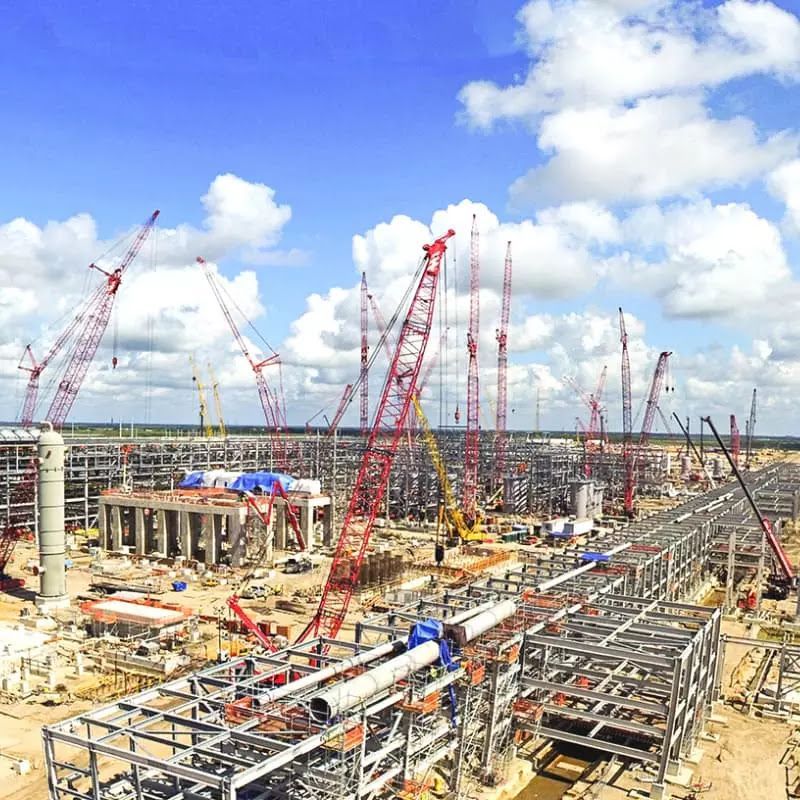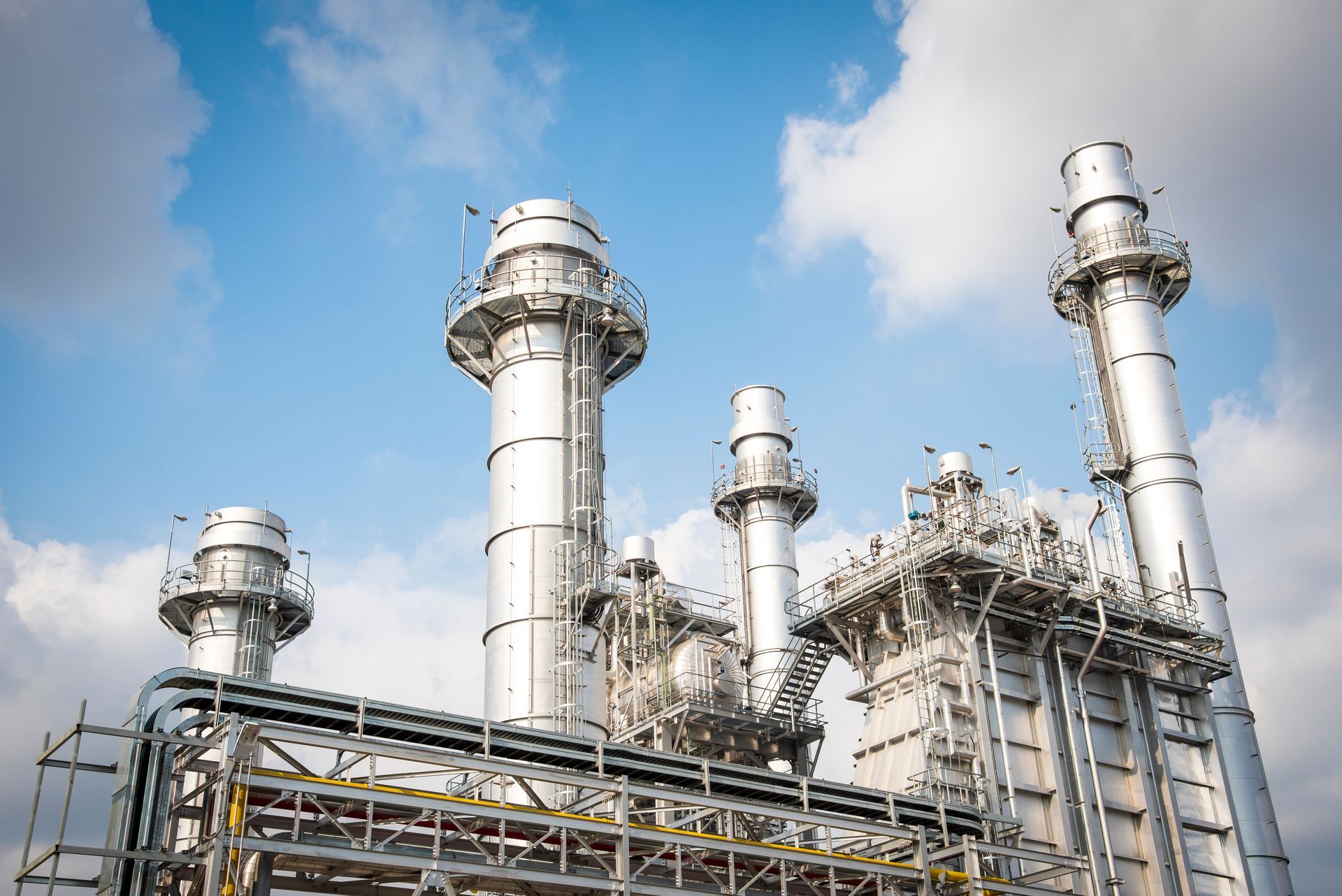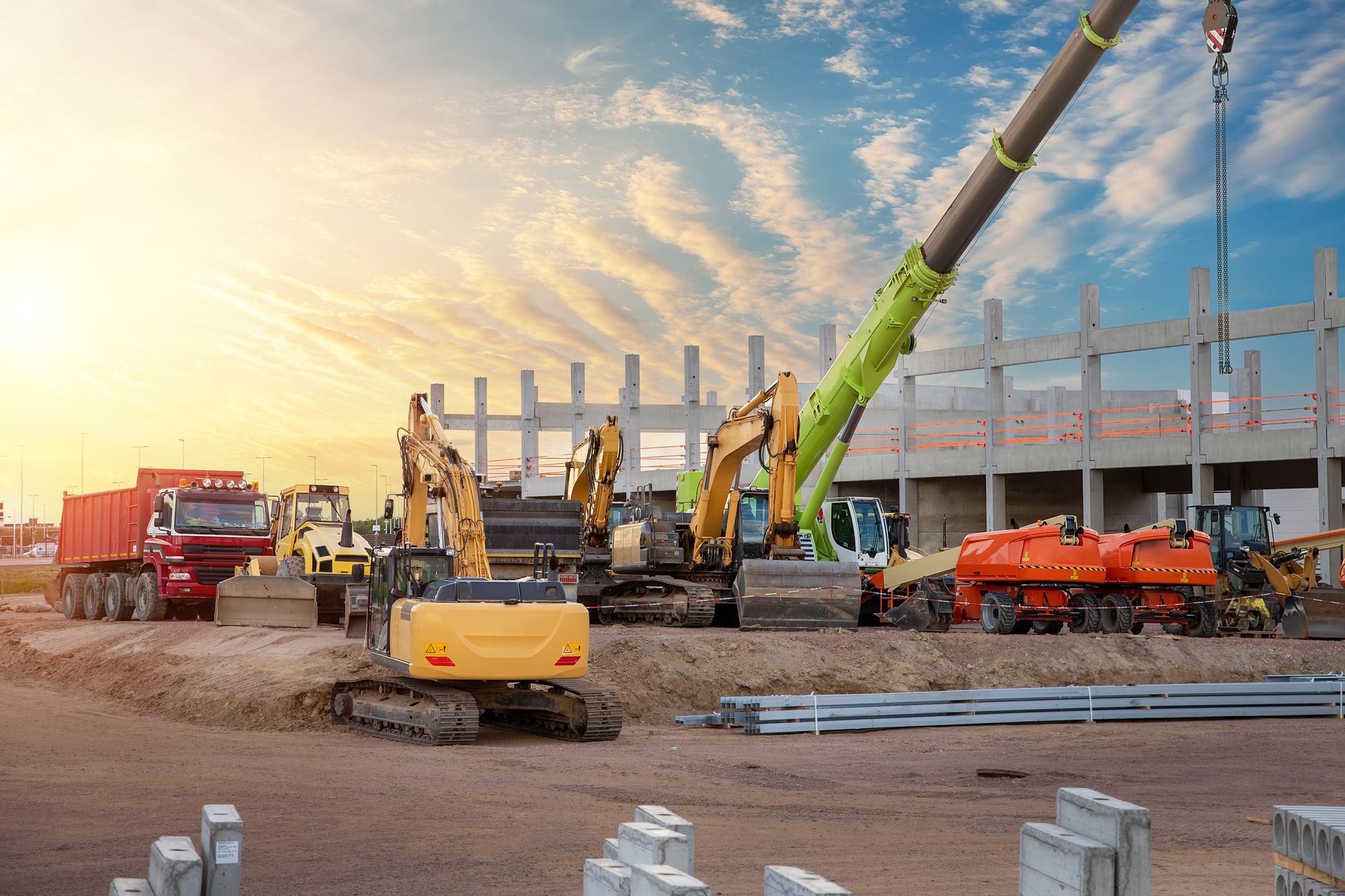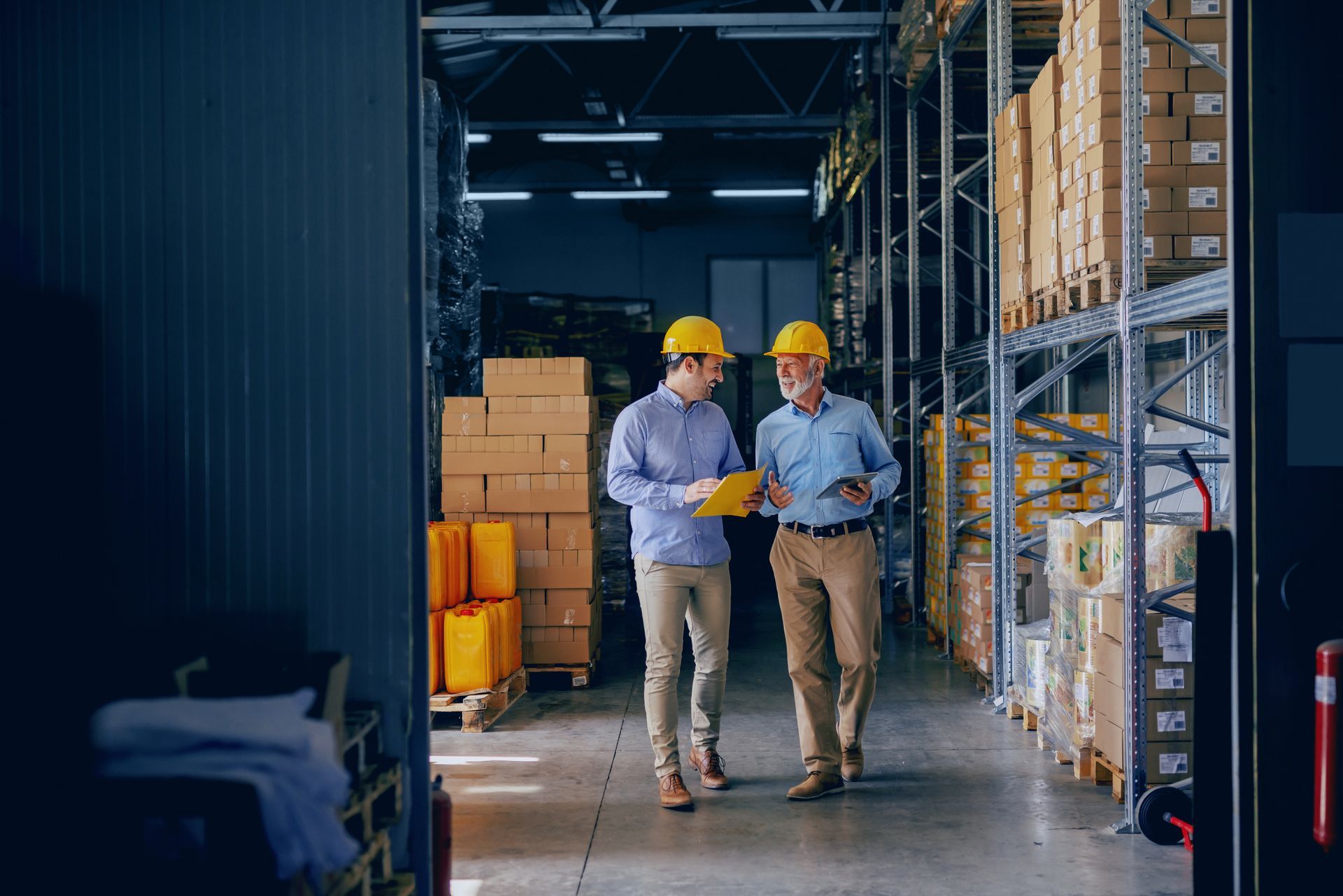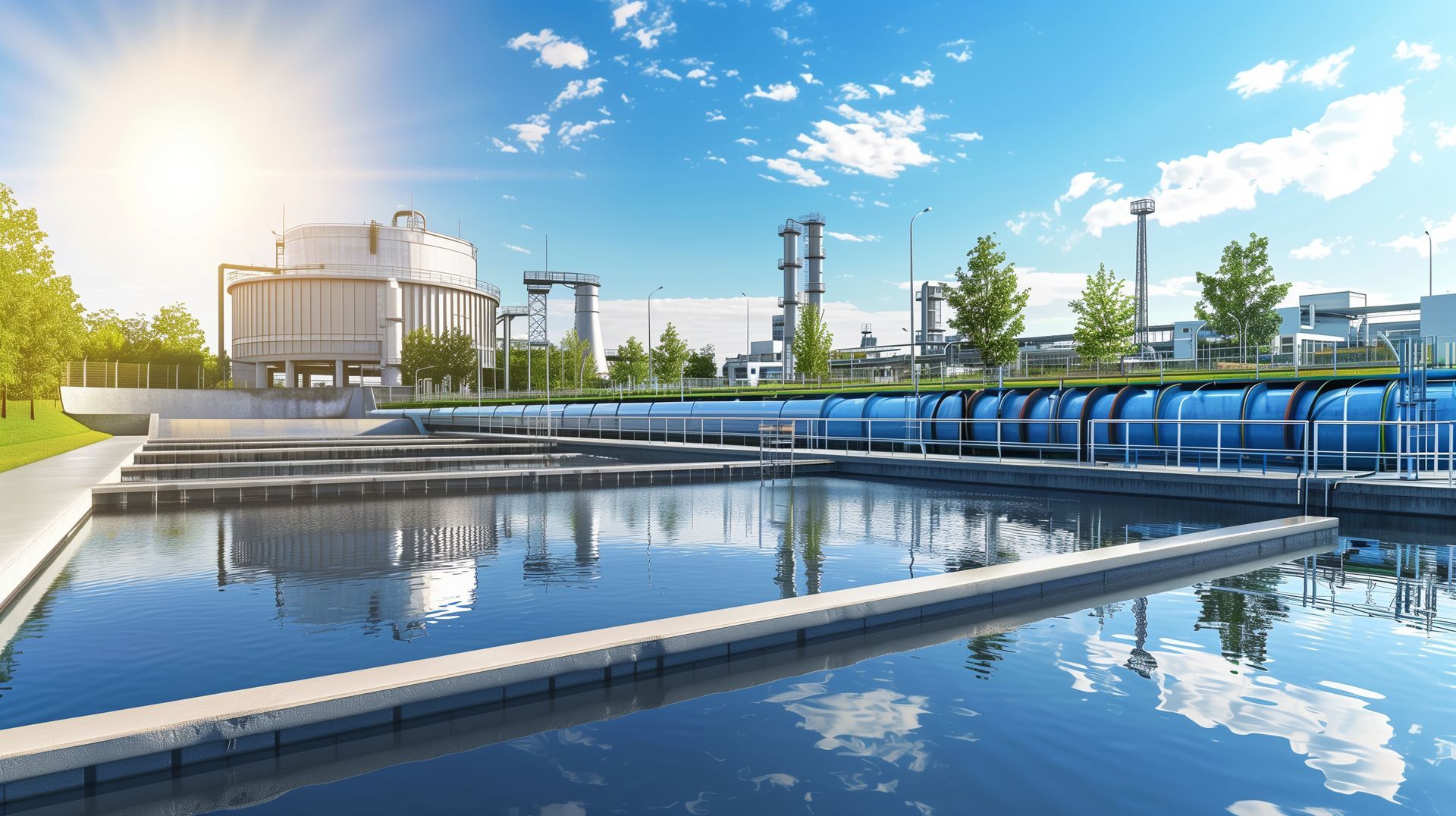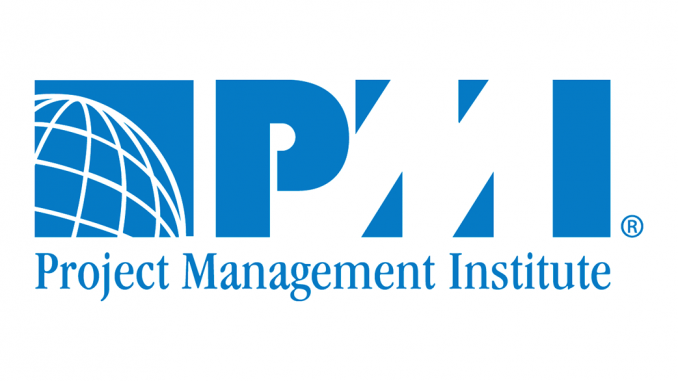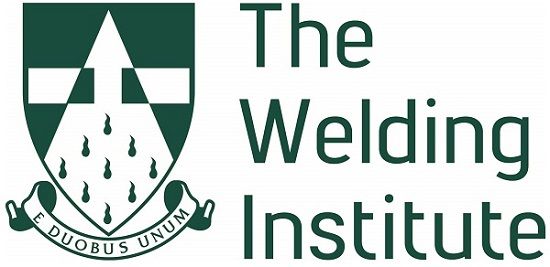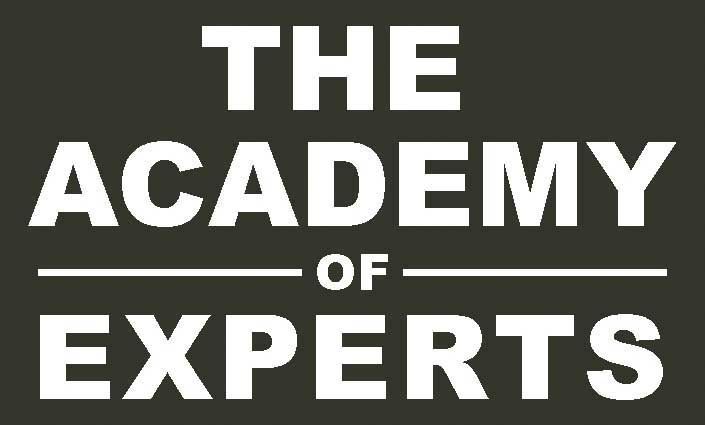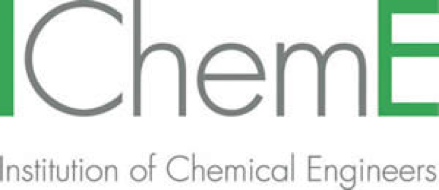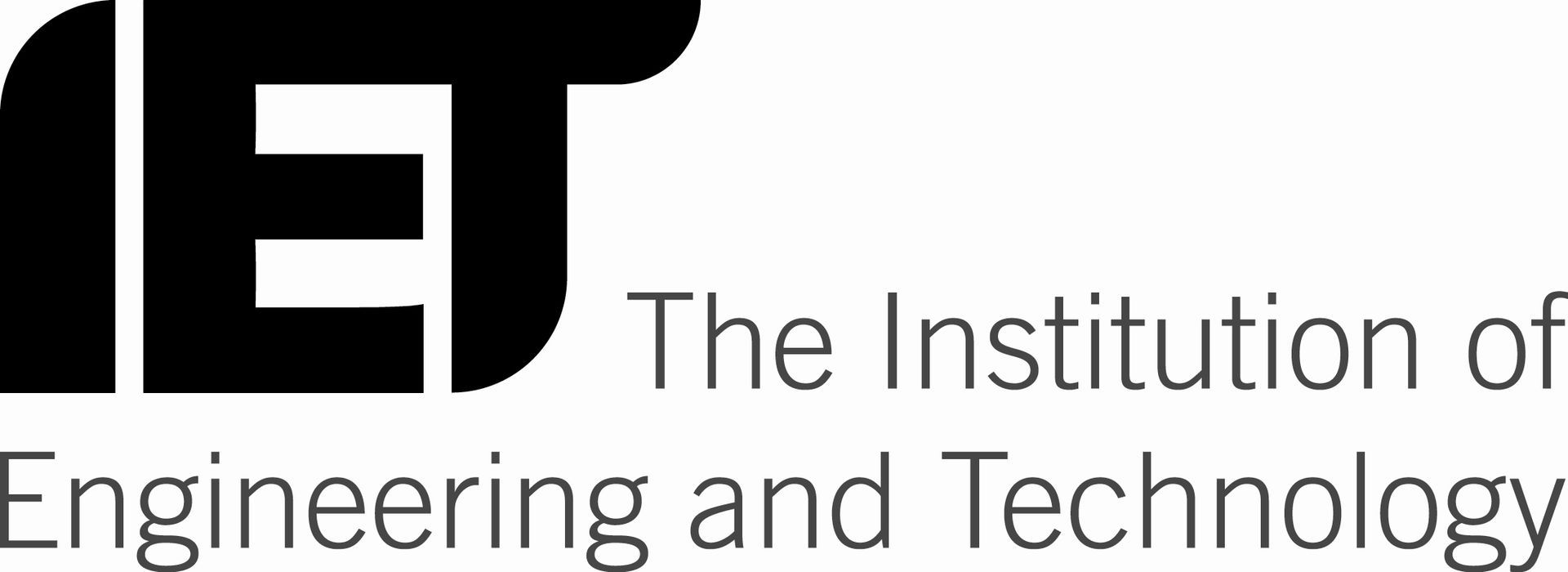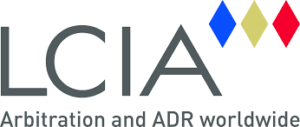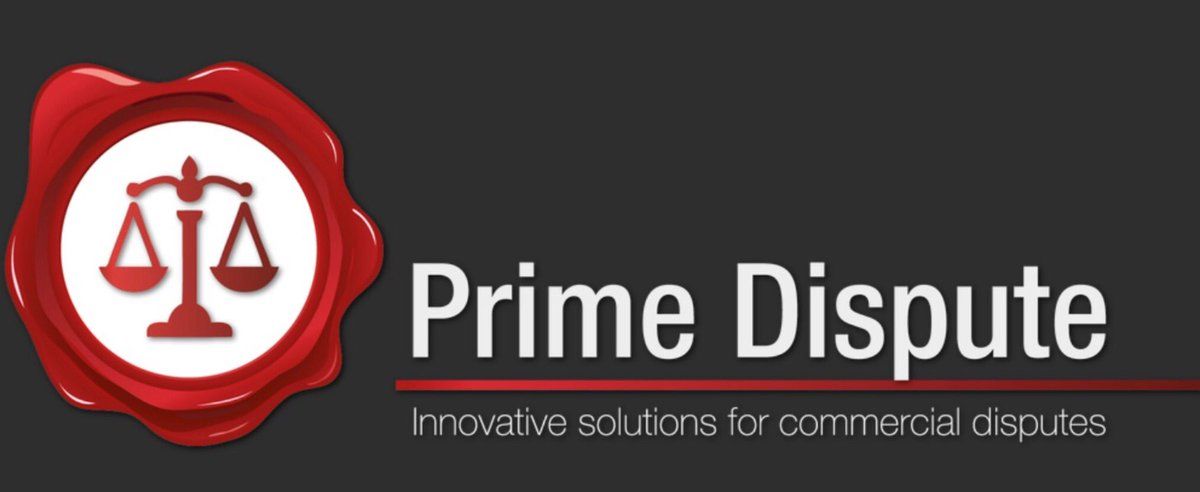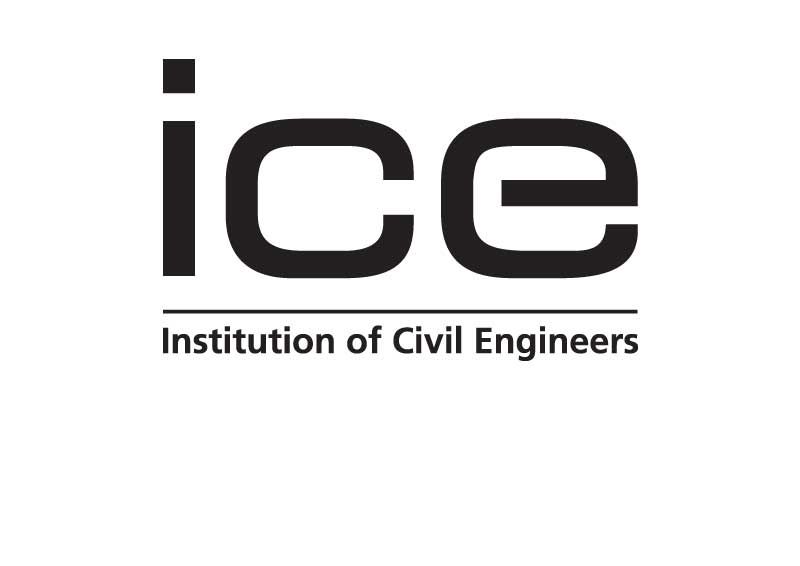26 November 2025
The Intersection of Engineering and Law: How Technical Evidence Shapes Construction Arbitration
Construction arbitration has become the preferred method of resolving complex disputes, particularly in large-scale engineering and infrastructure projects. Unlike traditional litigation, arbitration offers a more flexible, confidential, and internationally recognised framework for resolving disagreements. However, despite its procedural advantages, arbitration cases increasingly hinge on one critical factor: the quality and clarity of the technical evidence presented.
As modern construction projects incorporate advanced materials, complex sequencing, digital modelling, and multinational supply chains, disputes often involve highly technical questions. Arbitrators, while experienced in commercial and contractual issues, frequently rely on forensic engineers, delay specialists, and expert witnesses to interpret these complexities. At DAC Consulting Services, we see first-hand how rigorous technical analysis can influence outcomes and provide decisive insight in contentious arbitration proceedings.
Why Technical Evidence Plays a Central Role in Arbitration
The technical nature of many construction disputes means that arbitrators must form conclusions based on engineering facts rather than assumptions. When a dispute involves structural failure, design non-compliance, unexpected ground conditions, or programme slippage, technical evidence becomes the backbone of the case.
Engineering principles provide the framework needed to understand how and why an issue occurred. For example, a dispute over façade cracking may require material testing, thermal movement calculations, or an analysis of fixings and tolerances. Likewise, disagreements surrounding delays may require the reconstruction of the project programme to determine whether progress was affected by design changes, late approvals, or inefficiencies in execution. Without objective technical input, these issues risk being reduced to competing narratives rather than evidence-based conclusions.
How Forensic Engineering Supports the Arbitration Process
Forensic engineering plays a vital role in bridging the gap between technical detail and legal argument. A forensic engineer examines the physical, procedural, and design-related aspects of a project to determine the root cause of failure or performance issues.
In arbitration, their work typically involves examining drawings, specifications, inspection records, material samples, digital models, and site evidence to establish a clear causal chain. This analysis is presented in a structured, logical format that enables the arbitral tribunal to understand whether a defect arose from design error, workmanship failure, material inadequacy, or external conditions.
What sets forensic engineering apart is its scientific approach. The findings are not speculative; they are grounded in verifiable methodology—from structural analysis and load modelling to laboratory testing and digital reconstruction. This ensures that the conclusions reached are both technically accurate and legally persuasive.
The Importance of Expert Witness Testimony
Expert witnesses are frequently required in construction arbitration because they are uniquely positioned to interpret technical information and articulate it in a manner that the tribunal can understand. Their duty is to the tribunal rather than to the party instructing them, which reinforces both impartiality and credibility.
A well-prepared expert report is often one of the most influential pieces of evidence in arbitration. It provides a clear explanation of the issue, outlines the methods used in the investigation, and presents conclusions in a way that is accessible but comprehensive. During hearings, the expert may also be cross-examined, requiring them to defend their methodology, assumptions, and technical interpretations.
The strength of expert witness testimony lies not just in technical ability but in the expert’s capacity to communicate clearly, remain impartial, and withstand scrutiny. DAC Consulting Services places significant emphasis on these qualities, ensuring that our experts deliver testimony that is both reliable and robust.
How Technical Evidence Influences Delay and Quantum Questions
Many construction arbitrations involve claims for extensions of time, loss and expense, or disruption. In such cases, the tribunal must determine whether the delays were excusable, compensable, or both. This requires a combination of forensic delay analysis and quantum assessment, supported by detailed technical evidence.
Forensic delay specialists recreate the project’s progress using contemporaneous records, programme updates, and critical path analysis. This allows the tribunal to understand not only when delays occurred, but why, and whether they were caused by the contractor, employer, or external factors.
Quantum experts, in turn, evaluate the financial consequences of those delays. They assess extended preliminaries, additional resource costs, inefficiencies, and any acceleration measures undertaken. When their work is grounded in strong technical analysis—for example, linking a design deficiency to specific cost impacts—the tribunal has a clear evidential pathway connecting cause and effect.
The Growing Influence of Digital Evidence
Digital transformation within the construction industry has had a significant impact on the types of evidence presented in arbitration. Building Information Modelling (BIM), digital twins, drone surveys, and sensor-based monitoring systems have introduced new forms of technical data.
These digital models can provide highly detailed insight into construction sequencing, spatial coordination, and clash detection. They allow forensic engineers to re-create site conditions with precision and to identify discrepancies that may not be visible through traditional documentation alone. Arbitrators increasingly expect experts to have the capability to analyse and interpret digital evidence, reinforcing its importance in modern disputes.
Ensuring Technical Evidence Is Reliable, Clear, and Persuasive
The value of technical evidence lies not only in its accuracy but in its presentation. An arbitral tribunal must be able to follow the logic, understand the methodology, and recognise the relevance of the findings. This requires reports that are clearly structured, free of unnecessary jargon, and supported by transparent analytical steps.
Reliable evidence also depends on thorough documentation. Forensic experts must trace their conclusions back to verifiable records, whether those records relate to design intent, construction methods, or site conditions. Consistency and transparency are essential, as they allow the tribunal to evaluate the strength of the evidence confidently.
Conclusion
Construction arbitration relies heavily on technical evidence to resolve complex engineering and contractual disputes. As projects become more advanced and globally interconnected, the role of forensic engineers, delay specialists, and expert witnesses grows increasingly important.
By providing clear, impartial, and scientifically grounded insight, technical experts help arbitral tribunals reach fair and informed decisions. Their work ensures that disputes are evaluated not on speculation, but on evidence, engineering logic, and factual clarity.
At DAC Consulting Services, we bring together engineering expertise, analytical precision, and deep knowledge of dispute resolution to support clients throughout the arbitration process. Our technical specialists deliver the independent insight necessary to navigate complex disputes with confidence.

Come work with Us!
If you cannot carry out new cases in your current firms due to conflicts of interest, come work with us!
- Modern case management platforms
- Unrivalled team and admin support
- Clear and concise quality management systems
- Exceptional reputation
- Capacity to GROW
- Remote working
DAC is the future of working as an Expert Witness.












